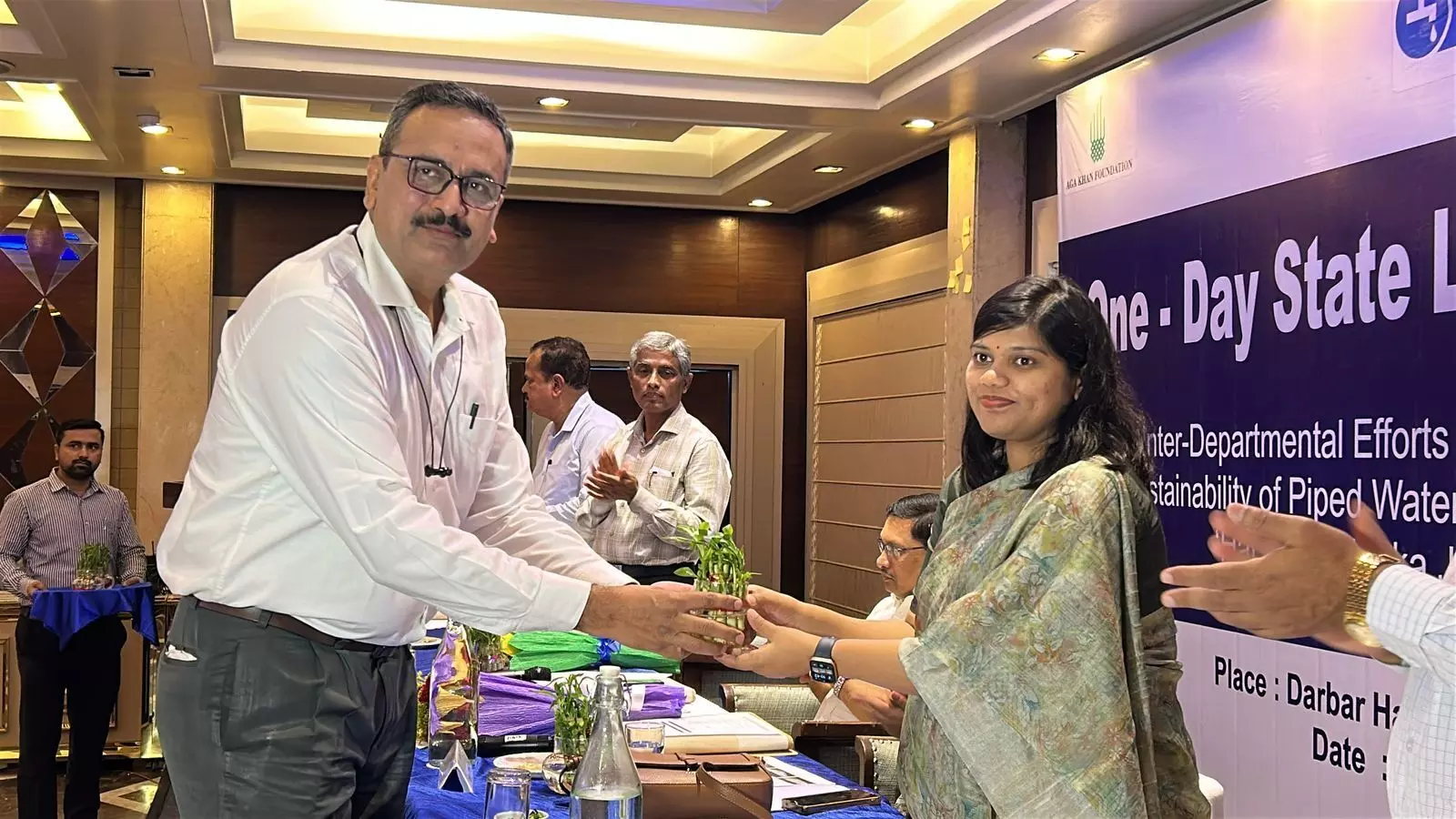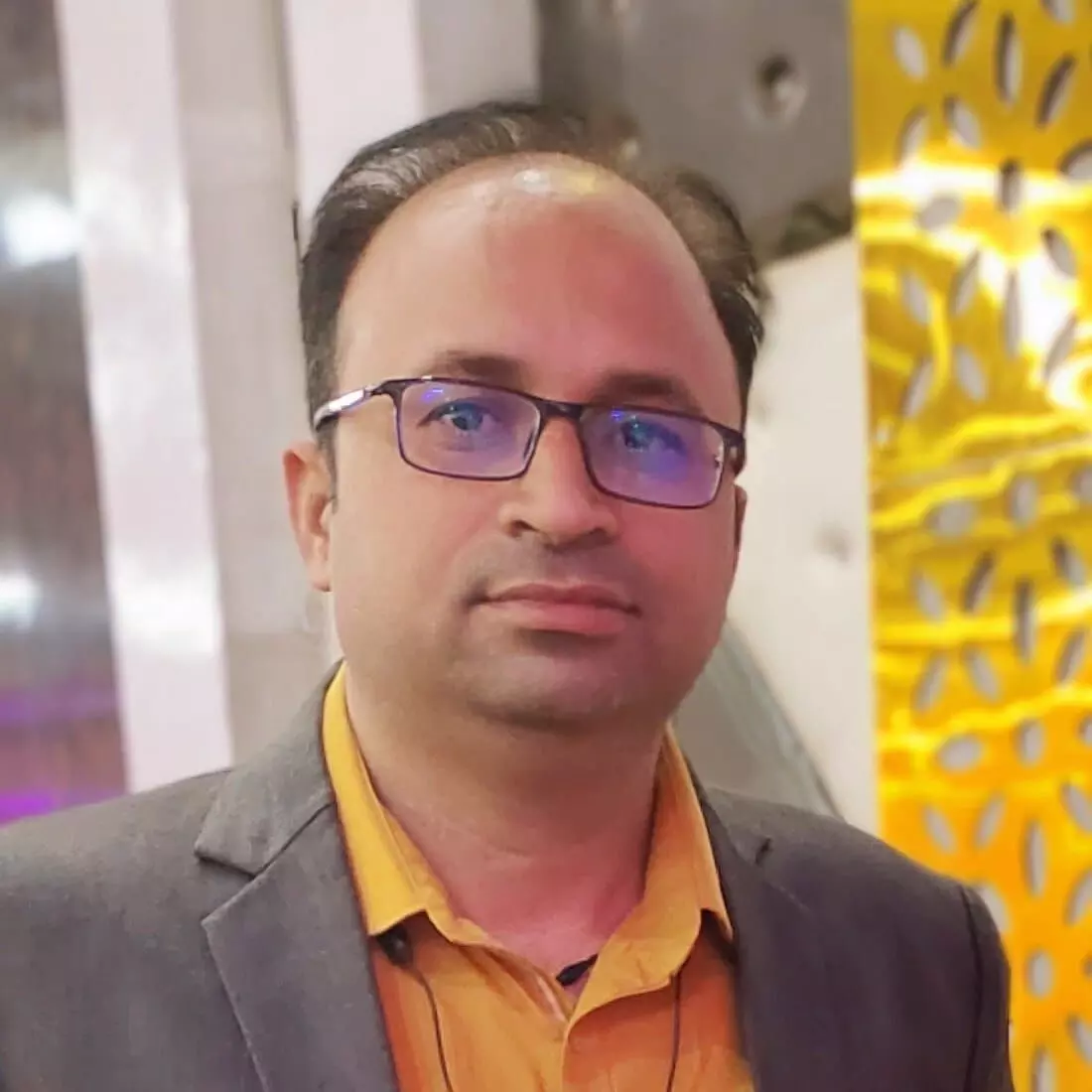Officials Address Bihar's Drinking Water Crisis at Coordinated Strategy Workshop

A seminar was organized to effectively implement the deepening drinking water crisis in the state and the Har Ghar Nal Ka Jal Yojana on the ground. Senior officials of the Public Health Engineering Department, MNREGA and other related departments and representatives of NGOs participated in this workshop.
Coordinated efforts needed to solve drinking water crisis
The workshop was chaired by Pankaj Kumar, Principal Secretary, Public Health Engineering Department. Principal Secretary Pankaj Kumar talked about collective efforts to solve the drinking water crisis. The main objective of the workshop was also to establish better coordination between different departments and to provide clean drinking water to the general public in rural and urban areas under the Jal Jeevan Mission.
Clean water from tap to every house
Addressing the workshop, Pankaj Kumar said - Drinking water crisis is the biggest challenge in the country. Clean drinking water is being made available to every citizen of the state through the Nal Jal Yojana. He said - This is not just a scheme. Rather it is a national resolve to provide clean and safe water to every citizen. Pankaj Kumar said - For this, PHED, MNREGA and other departments will have to work together.
Discussion on falling groundwater level
In the workshop organized by AGA, there was a discussion on the continuous decline in groundwater level. Representatives of NGOs said that in many parts of the country, the water level has fallen rapidly due to excessive dependence on groundwater. They suggested some solutions like rainwater harvesting, groundwater recharge, linking water conservation measures with rural schemes. While Chief Secretary Pankaj Kumar suggested that the pace of construction of ponds, check dams and water structures under MNREGA should be increased.
Drinking water crisis is a collective challenge
Pankaj Kumar appealed to all stakeholders in the closing session of the workshop to fulfill their responsibility towards water conservation and management. Its solution is possible only through collective efforts. All the representatives present in the workshop pledged active cooperation in this direction.
